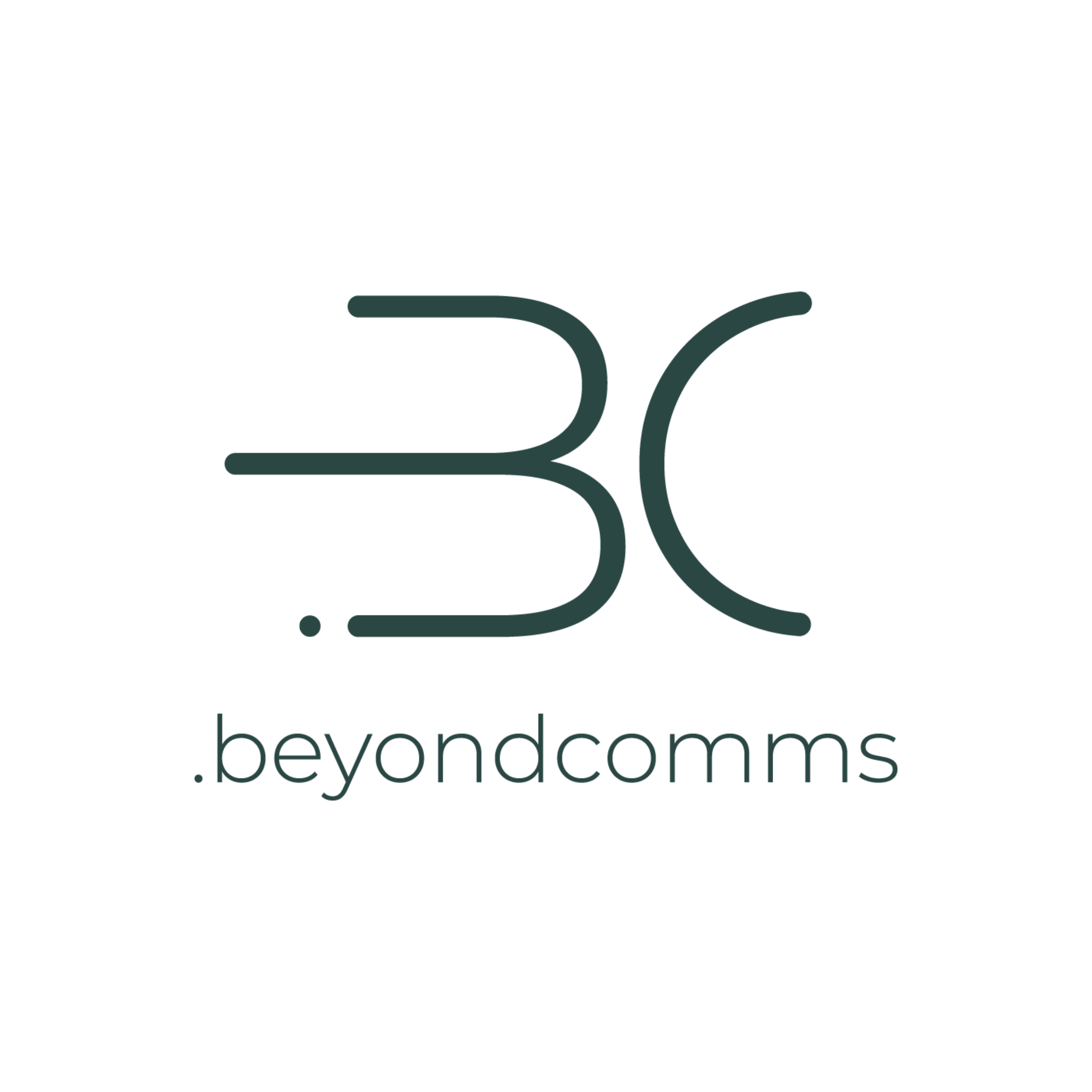This interview features Sebastian’s conversation with Laura Avonius, Founder & CEO of Audicin. As part of our ongoing informal research into the impact and significance of purpose, Sebastian speaks to founders and communication professionals. This is the second interview in the series. In the first one, he spoke to Michelle Toner to uncover the impact of articulating eir’s purpose.
Audicin’s Purpose
After many years in a successful corporate career, Laura found herself in a crisis of meaning. Health and personal circumstances compounded to create a profound period that had her question why she was doing what she was doing. Eventually, she found music and composition which allowed her to turn her pain into love.
The ‘aha’ moment that led her to begin Audicin came when she heard a brain researcher speak about the power of music to activate our parasympathetic nervous system. Something clicked, and Audicin was born to help those who are leading busy lives.
How does Audicin Work?
Audicin is a ‘brainwave activating music app’ that regulates the parasympathetic nervous system of listeners so that they can enter into a state of recovery while actively working. The app and approach are backed by scientific studies and research into music that regulates the nervous system. Binaural beats play a big role in how Laura and other artists approach the composition of their pieces.
The app promises that with just 15 minutes a day, users can reduce stress and anxiety, boost confidence, focus, and their overall wellbeing.
Articulating Audicin’s Purpose
Audicin is a start-up led by a strong and passionate founder. The idea for the business started in a deeply personal place for Laura. Music had helped her weather traumatic experiences and in her words “turn pain into love.” It is that feeling that she wanted to share with users of the app.
The purpose of Audicin is simple: Help people who are too busy doing active self-care with a straightforward solution to manage stress and anxiety, and improve their focus and sleep. Their ultimate vision is to make “access to self-care a fundamental aspect of daily life.”
The path to the company’s purpose begins at Laura’s deeply personal point of departure. She was burnt out from a busy corporate career that turned meaningless and started to break through years of abuse with help from professionals. Music turned into a medium of healing and transformation. Audicin’s purpose was born when Laura learned of the biological significance and impact that music can have on the nervous system.
When it goes wrong
There was a moment in Audicin’s early stages when the company looked to secure lucrative, big corporate deals. Key messages focused on increasing productivity and focus for employees. The intention behind the sale ultimately turned out to help companies extract more value from their staff. This was far removed from Laura’s purpose for the company of supporting passive recovery.
To no surprise, some deals came together, but Audicin wasn’t growing as intended. The team couldn’t get behind the sale and reconcile the dissonance. Only once Laura and the team abandoned the B2B angle did the growth and progress of the start-up take off. The marketing and communication materials aligned with the company’s purpose and the team could confidently stand behind their sales. Recently, the team identified a new target audience that has already led to big research partnerships, funding commitments, and new insights for product development.
Integrating Purpose
The Audicin team is fully remote and growing quickly after securing investment. We asked Laura how she ensures the company’s purpose remains in focus during this moment of transition. Her answer lies in the hiring process. One of the first questions in the interview is “Why did you apply?” Seemingly simple, and yet it reveals the applicant’s driving motivation.
As much as start-ups want to compensate their employees highly, cash-flow constraints and time to secure investment result in lower salaries than corporate counterparts. Therefore, team members must have an innate drive and alignment with the start-up’s purpose to make the relationship successful. If the answer is: “I applied to enhance my portfolio” or similar, the team knows it won’t be the best fit. No matter how talented the applicant might be, they ultimately, won’t perform well in Audicin’s culture.
From an operational perspective, Laura and her co-founder, Dr. Victoria Williamson, hold a weekly team meeting that regularly touches on the company’s purpose. The meeting is designed to be democratic in nature, encouraging all employees to participate in strategic decisions such as which niche to focus on.
The Road Ahead
Audicin will continue to grow, and Laura knows that with additional investment and a growing user base, the company will have to withstand several challenges. Data will play an important role for her and her team to ensure that each activity is purpose-aligned and contributes to growth. Our interview ended with a reminder from Laura to be humble in the pursuit of your purpose. Nothing is perfect and some things will go wrong. If you remain humble and open to learning in an effort to fulfill your company’s purpose, you are on a good path.

